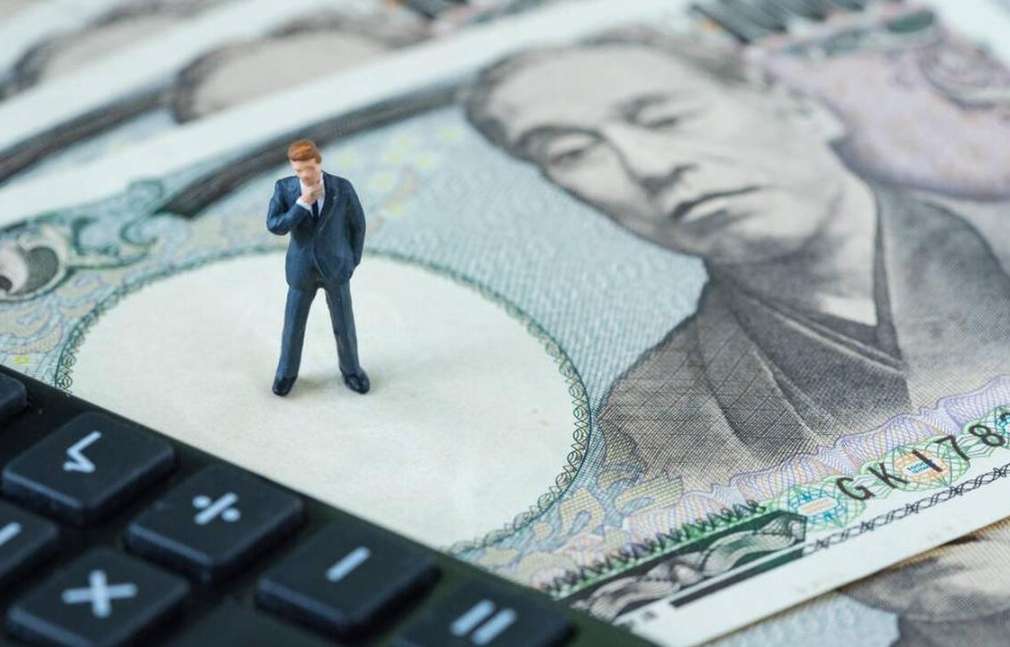Japan Rate Hike Seen More Likely in January
Advertisements
In recent discussions among economists and central bank officials, the sentiment regarding Japan's monetary policy has shifted significantly following the calmness observed in the U.S. capital markets after the U.S. presidential inauguration. Reports suggest that there is a strong possibility of the Bank of Japan (BOJ) implementing a rate hike of 25 basis points in January. This anticipated action would mark the third rate increase under the leadership of Governor Kazuo Ueda and would represent the most significant hike since 2007. Such a move not only reflects the BOJ's assessment of the current economic landscape but also demonstrates its commitment to adjusting monetary policy in accordance with evolving economic conditions.

Looking ahead, discussions in the financial markets have shifted from whether the BOJ will raise rates in January to the trajectory of Japanese monetary policy thereafter. Indicators suggest that the upcoming rate hike will not merely be a one-off occurrence but the first of several potential increases throughout 2025. As the economy faces inflationary pressures amidst historically low benchmark rates, there is growing anticipation around the BOJ's future policy moves. Currently, Japan is experiencing a disturbing trend of accelerating inflation, compounding the pressure on the BOJ to navigate its monetary strategy carefully.
The depreciation of the yen is also a critical factor influencing the situation. A weaker yen can exacerbate inflationary pressures on the Japanese economy, primarily fueled by rising import costs. As inflation continues to spike, the BOJ is expected to sustain its momentum toward increasing interest rates, which can further facilitate the yen's appreciation. This interplay between currency valuation and interest rates is crucial, particularly in a globalized economy where capital flows are sensitive to rate differentials.
Speaking of international ramifications, Japan’s stature as one of the world's foremost economies means that its monetary policies inevitably influence global capital markets. Japan's expansive overseas investments amplify the impact of such policy decisions, especially as interest rate hikes can drive domestic capital back from foreign assets to Japan. This capital flow may lead to a tightening of liquidity in various international markets, resulting in potential shortages of capital in some regions and downward influences on asset prices.
As the market anticipates the BOJ's next moves alongside the evolving dynamics of the global economy, it’s imperative for investors and stakeholders to approach these changes with caution. The interplay of domestic decisions and international reactions will shape the financial ecosystem in 2025 and beyond. The potential increase in interest rates by the BOJ is not just a local event; it reverberates across markets, creating a complex web of interdependencies. Thus, understanding these dynamics can better equip investors and policymakers to navigate the uncertainties ahead.
Disclaimer: The content and opinions expressed in this article are for reference only and do not constitute any investment advice. Market conditions carry risks, and investments should be approached with caution.